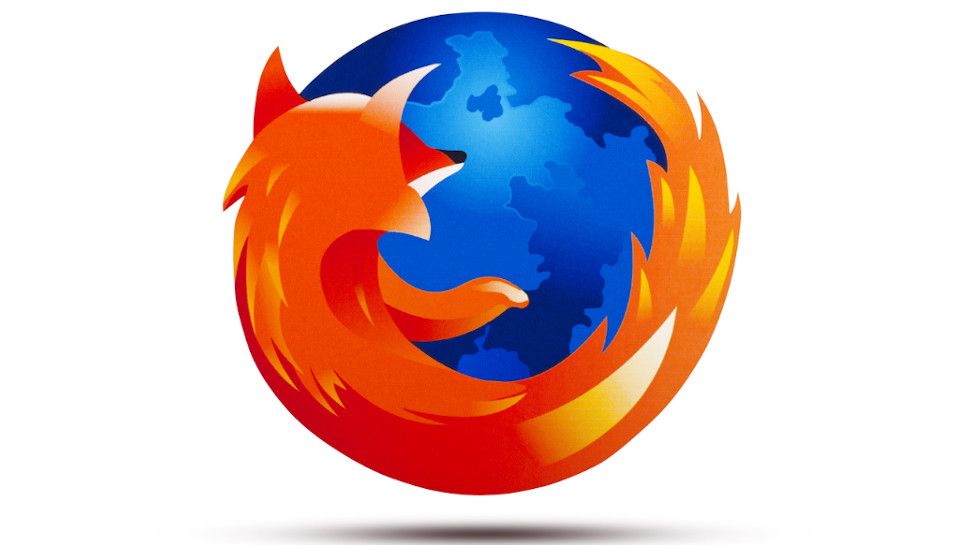
Mozilla Firefox is to add support for Manifest v3-based web browser extensions to its online store.
Originally proposed (opens in new tab) by Google in 2018, Manifest v3 (MV3) is a software architecture revision trailed by the tech giant as one of the “most significant shifts in the extensions platform since it launched a decade ago”.
Google promised the new tech will give users “enhancements in security, privacy, and performance” and will enable them to “use more contemporary open web technologies such as service workers and promises”.
When will the change take effect?
From Monday, November 21 onwards developers will be able to upload Mv3 extensions for signing. (opens in new tab) But Mozilla is arguably somewhat late to the party; Microsoft began testing Manifest V3 (opens in new tab) in its Edge browsers as far back as October 2020.
However, not everyone is the biggest fan of Manifest V3.
Some of the most ardent supporters of online privacy, such as the Electronic Frontier Foundation, have spoken out against (opens in new tab) the update, saying the “changes in Manifest V3 won’t stop malicious extensions but will hurt innovation, reduce extension capabilities, and harm real-world performance”.
READ MORE:
It’s unlikely that Mozilla had a great deal of choice in the decision to use MV3 within Firefox, as Google control Chromium, the open-source browser technology that powers Google Chrome and Microsoft Edge, both of which command a large browser market share.
Even Apple has endorsed MV3 for its Safari browser on macOS and iOS going forward, so it may be simply a case of keeping up with the times.
Support for Manifest V2, Manifest V3’s predecessor, ends in June of 2023 for all Chromium-based browsers.
This wouldn’t be the first time that Mozilla has locked horns with Google. The company has previously accused Google, Microsoft, and Apple of “self-preferencing” and nudging consumers towards using their own browsers in a September 2022 report, citing numerous examples of consumer harm.
Be the first to comment